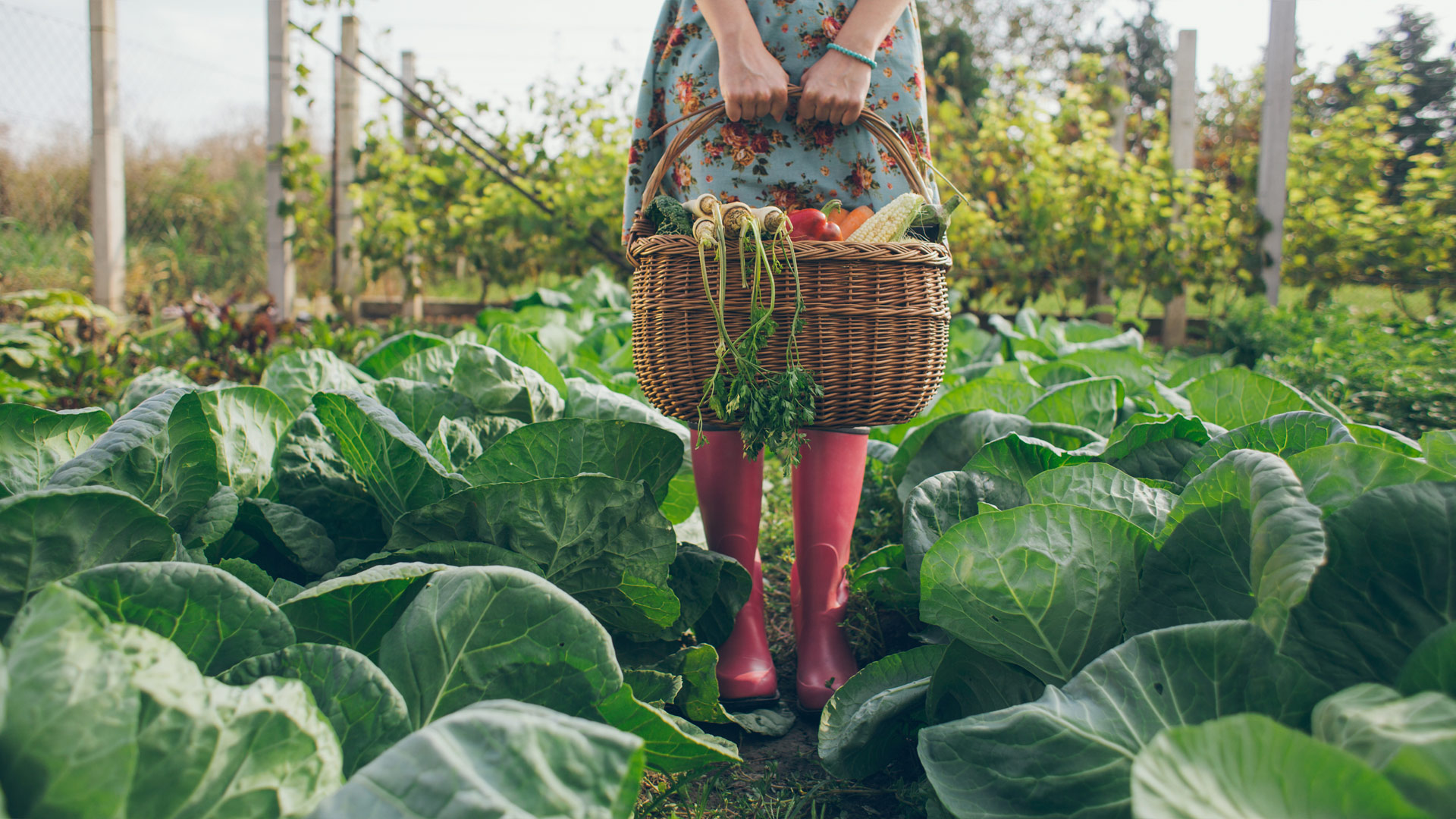In an interview with Alternet’s “Here’s Why Our Food Systems are a Central Feminist Issue,” I was asked to elaborate on women’s contributions to critical food justice and how current sexual politics inhibit or even invisiblize women’s contributions today.
Both the Nonhuman Animal rights movement and the environmental movement, I note, were established by women who strategically employed stereotypes about women’s proper role in nurturing and caring. This strategy was necessary to gain access to the public sphere in an era in which women were expected to remain inside the home and well outside of politics.
Unfortunately, this feminization persists in modern food justice efforts. Sociological and psychological research supports that environmental and vegan campaigns and products are less likely to find male support simply due to this feminization. This gender divide translates into a serious barrier to success given that men’s recognition is necessary for a movement to gain legitimacy in a patriarchal society.
Rather than celebrate women’s contributions to anti-speciesist efforts, the vegan movement has opted to elevate men in campaigning and leadership. This, to me, is indicative of intersectional failure. Patriarchal bargains are unlikely to liberate Nonhuman Animals given the historical relationship between sexism and speciesism:
… the fact that men have to be involved to bring legitimacy to a cause demonstrates that we still haven’t come to terms with the underlying ideological roots to oppression.
Readers can access the entire interview here.

Readers can learn more about feminism and veganism in my 2016 publication, A Rational Approach to Animal Rights. Receive research updates straight to your inbox by subscribing to my newsletter.
